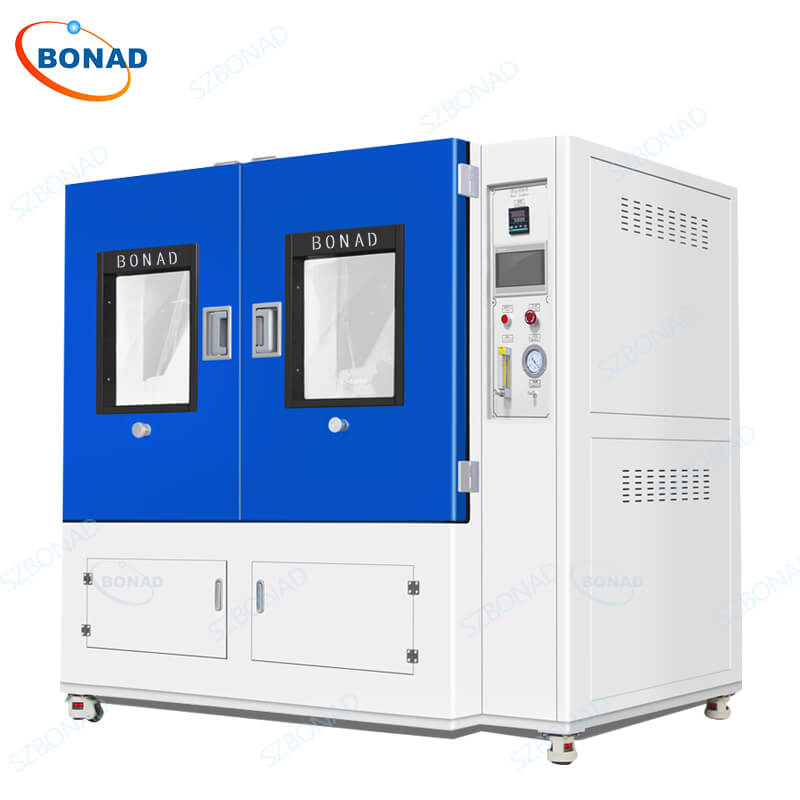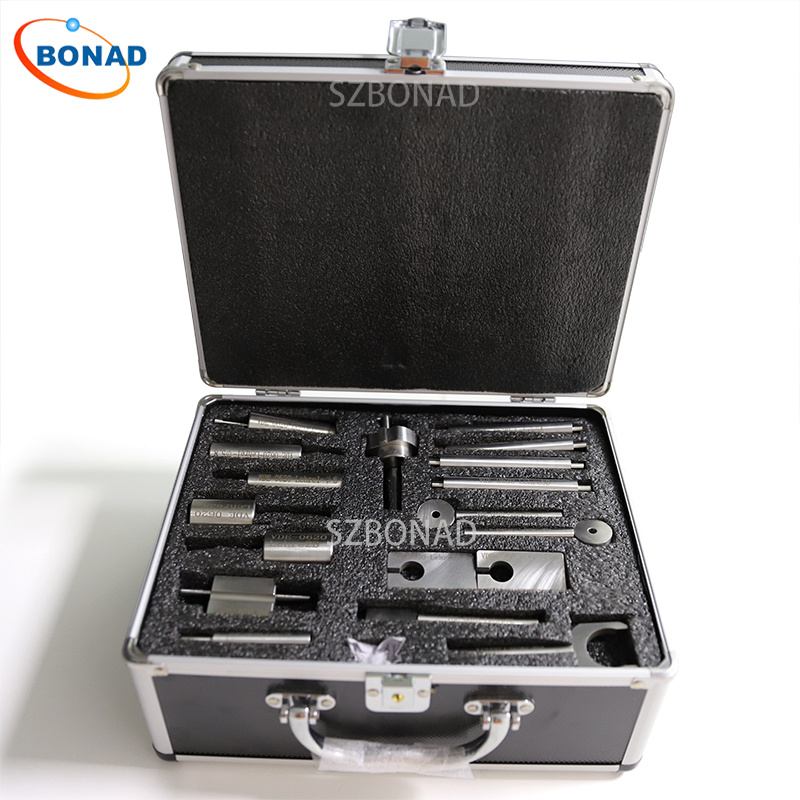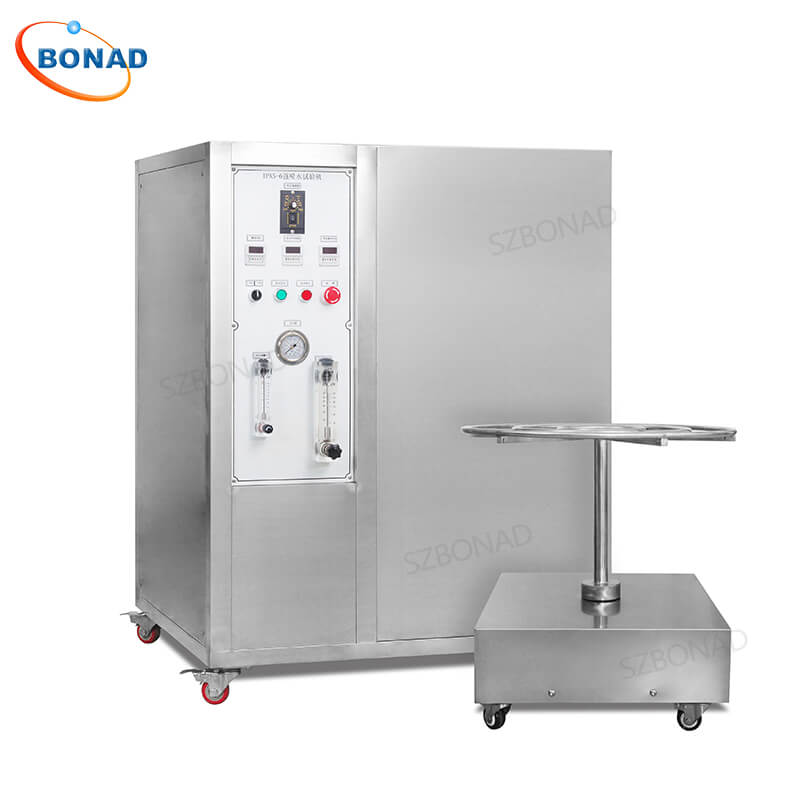Sand and dust testing is critical for evaluating product resilience in harsh environments like deserts, coastal areas, or industrial settings. This guide breaks down how to perform a sand test accurately using a sand and dust test chamber, ensuring your products meet durability standards.
Why Sand Testing Matters
Sand testing identifies design flaws by simulating abrasive exposure. It’s vital for:
- Automotive & aerospace components
- Military equipment
- Outdoor electronics
- Industrial machinery
Without it, products risk premature failure from particulate damage.
Preparing for Your Sand Test
- Select the Right Test Chamber
Choose a chamber with precise control over:- Temperature/humidity
- Sand flow rate and concentration
- Particle distribution
- Calibrate Equipment
Ensure chambers and sensors (temperature, humidity, particle counters) are calibrated to ISO 3408 standards. - Prepare Samples
Clean samples thoroughly and standardize size/material consistency. Label each for traceability.
Conducting the Test
- Configure Chamber Settings
Align parameters (e.g., 40°C, 15% humidity) with test standards like IEC 60068-2-68. - Initiate Testing
Run tests for 6–48 hours, rotating samples hourly for uniform exposure. - Monitor Rigorously
Track sand concentration, temperature shifts, and sample changes in real time.
Analyzing Results
- Physical Damage: Check for abrasion, scratches, or seal failures.
- Functionality: Test electrical/mechanical performance post-exposure.
- Benchmark: Compare results against MIL-STD-810 or ISO 20653 standards.
Improving Product Design
Use findings to:
- Redesign vulnerable seals/joints.
- Upgrade abrasion-resistant materials (e.g., polymer coatings).
- Retest iteratively until samples pass target thresholds.
Conclusion
Mastering sand testing ensures product reliability in extreme environments. By leveraging precise sand and dust test chambers and iterative design refinements, manufacturers guarantee longevity and safety.



